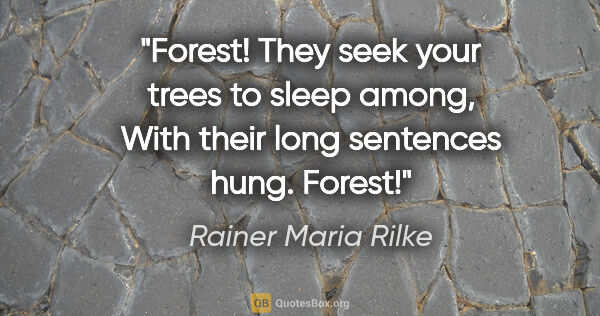Sentencing Quotes (page 8)



It was a mere matter of seeing common things together and exchanging common speech concerning them, but each was so strongly conscious of the other that no sentence could seem wholly impersonal. There are times when the whole world is personal to a mood whose intensity seems a reason for all things. Words are of small moment when the mere sound of a voice makes an unreasonable joy.
Frances Hodgson Burnett
I have a similar affection for the parenthesis (but I always take most of my parentheses out, so as not to call undue attention to the glaring fact that I cannot think in complete sentences, that I think only in short fragments or long, run-on thought relays that the literati call stream of consciousness but I still like to think of as disdain for the finality of the period).
Sarah Vowell
It was in the spring that Josephine and I had first loved each other, or, at least, had first come into the full knowledge that we loved. I think that we must have loved each other all our lives, and that each succeeding spring was a word in the revelation of that love, not to be understood until, in the fullness of time, the whole sentence was written out in that most beautiful of all beautiful springs.
L. M. Montgomery
to read is to surrender oneself to an endless displacement of curiosity and desire from one sentence to another, from one action to another, from one level of a text to another. The text unveils itself before us, but never allows itself to be possessed; and instead of trying to possess it we should take pleasure in its teasing
David Lodge
In fiction, especially in texts that are framed by a storytelling situation, aporia is a favourite device of narrators to arouse curiosity in their audience, or to emphasize the extraordinary nature of the story they are telling. It is often combined with another figure of rhetoric, "aposiopesis", the incomplete sentence or unfinished utterance, usually indicated on the page by a trail of dots...
David Lodge




